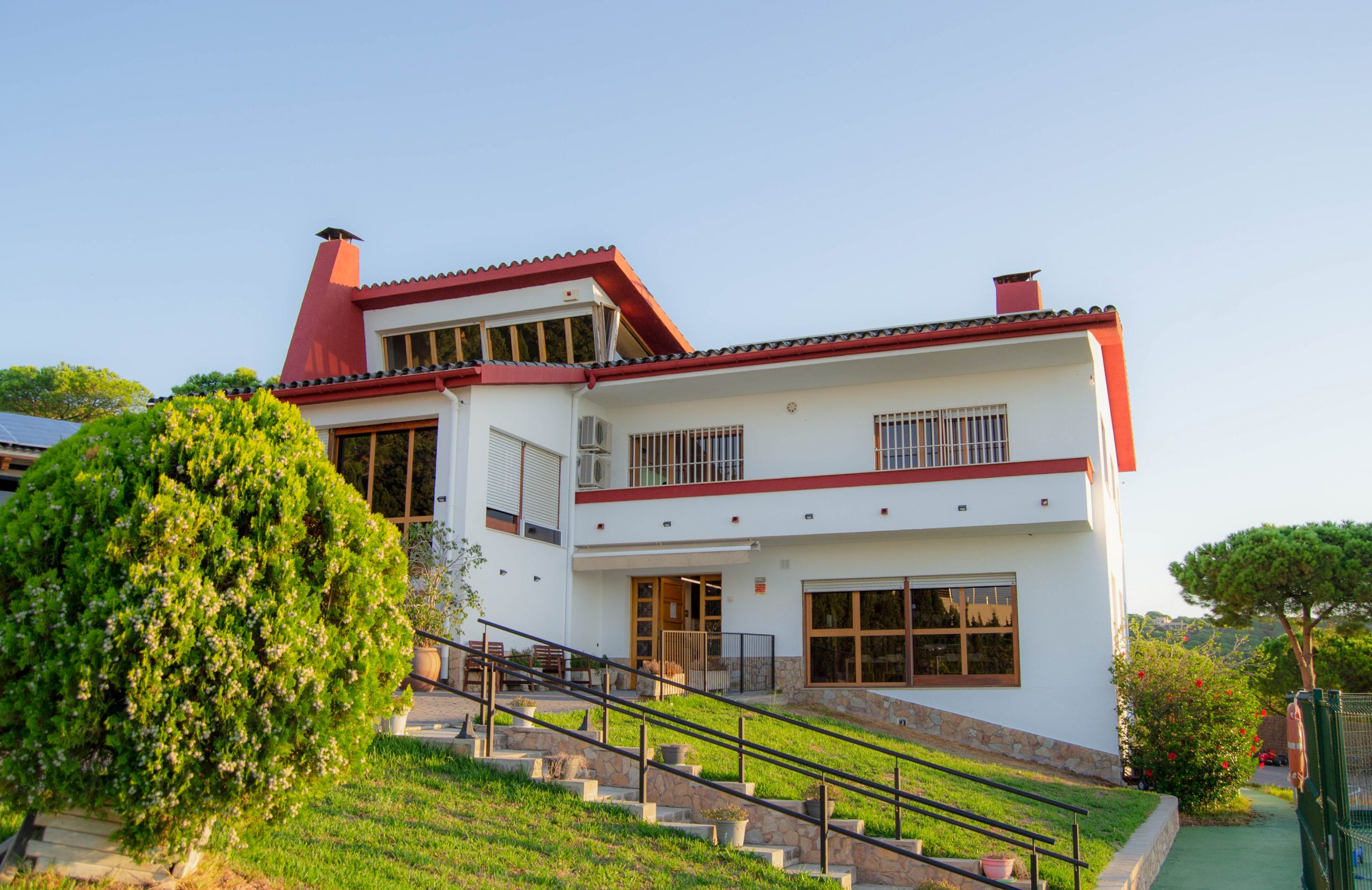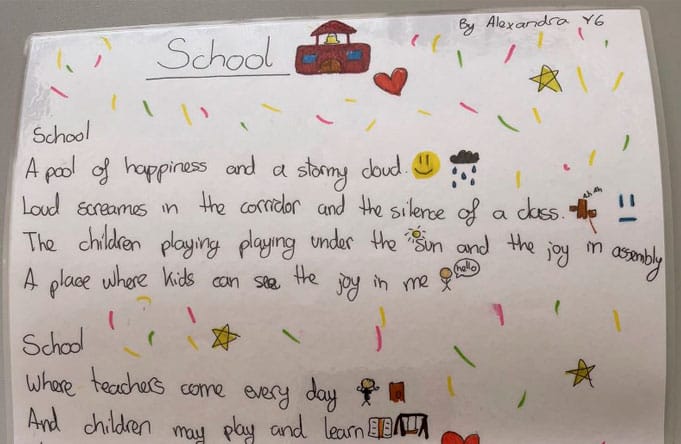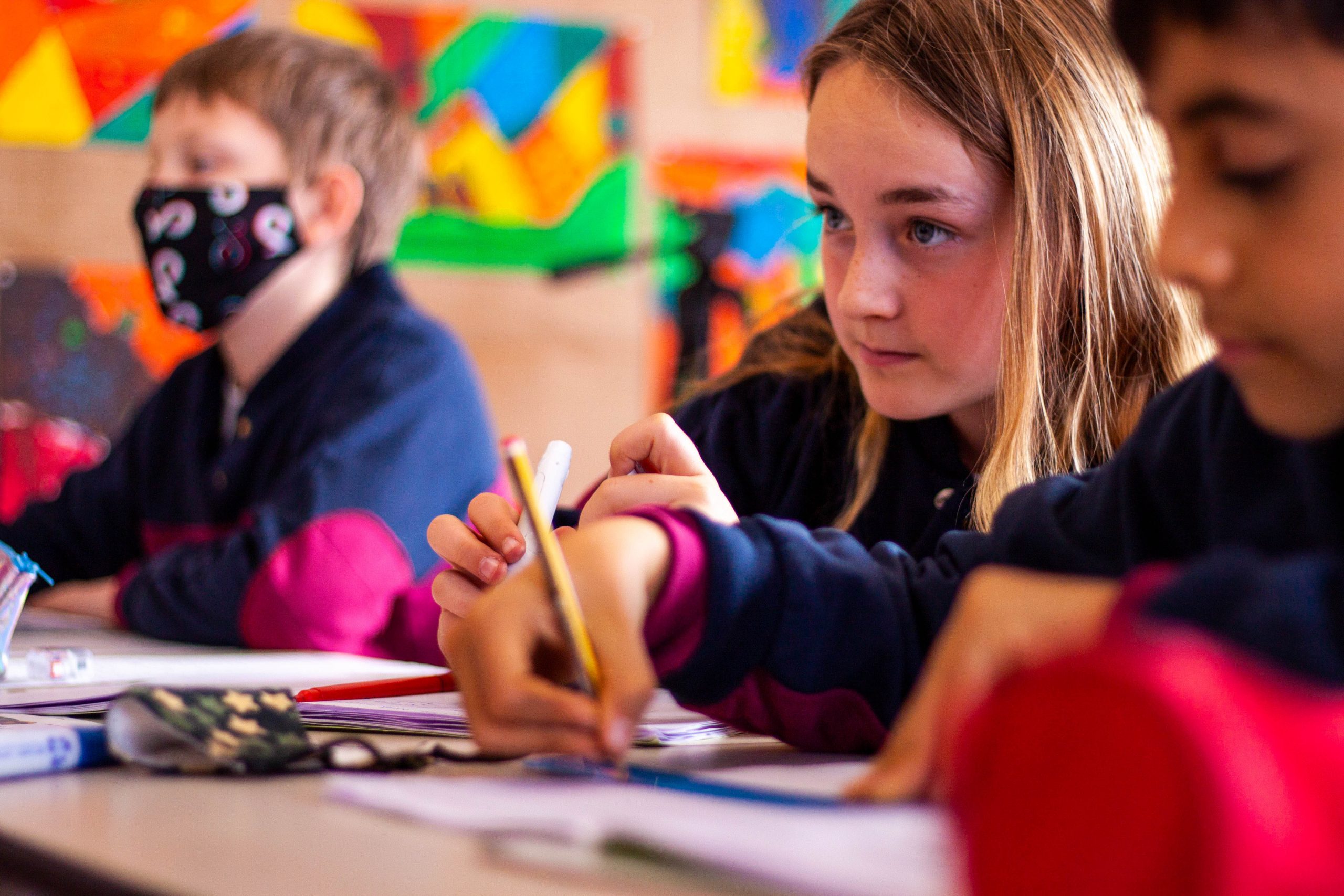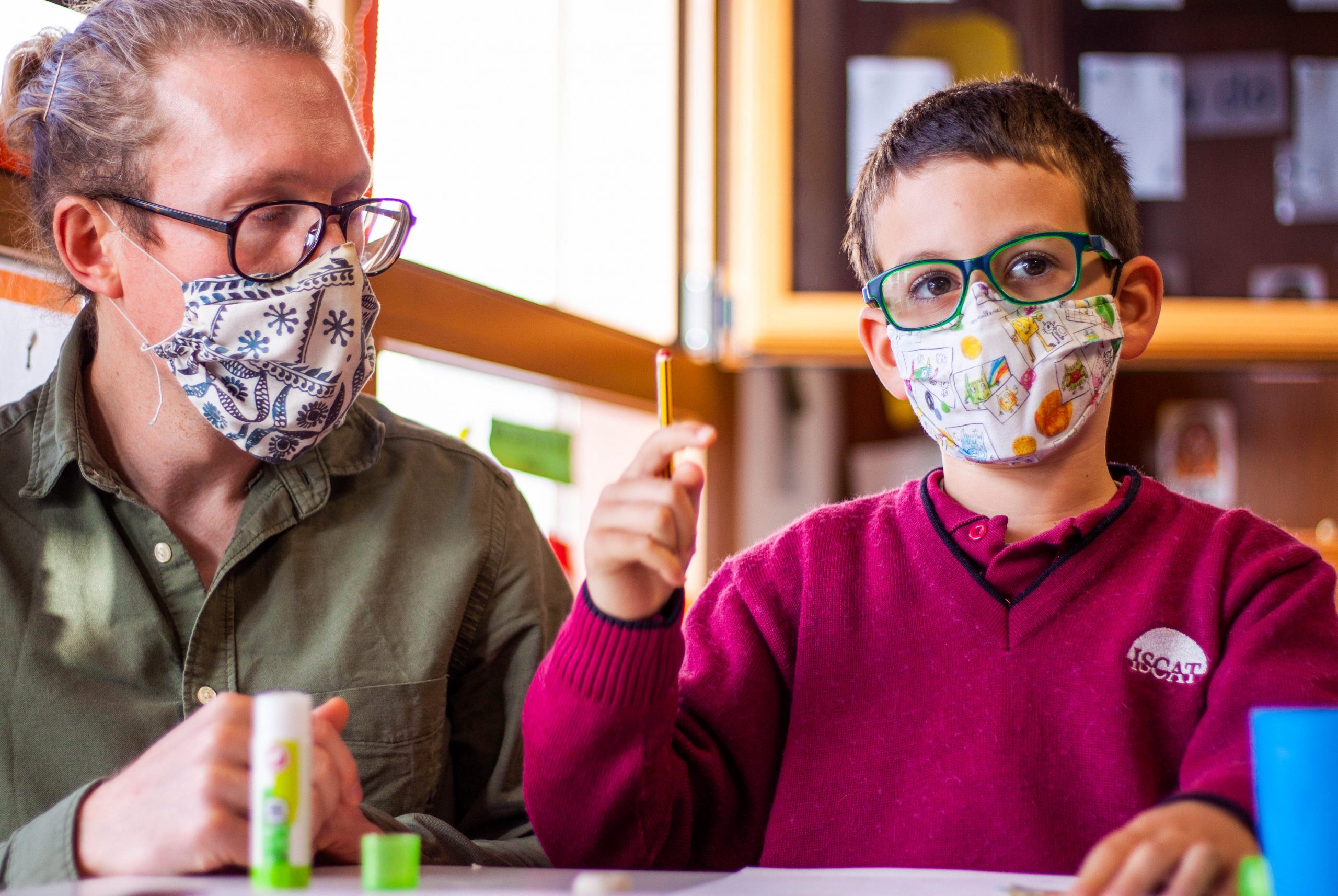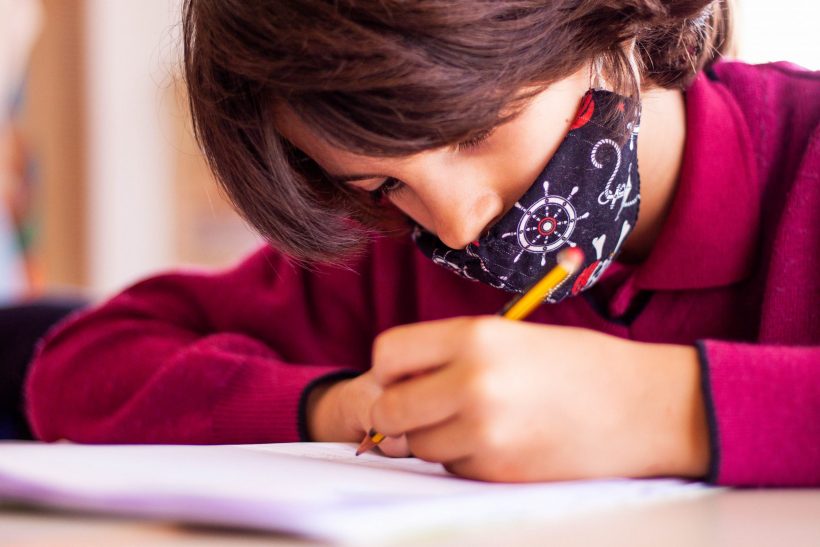If there is one thing that I learnt from this whole crisis is that humankind needs real science, data analysis and scientific creativity to dig itself out of very human pitfalls. This week we worked on the following activities for our transversal themes.
English
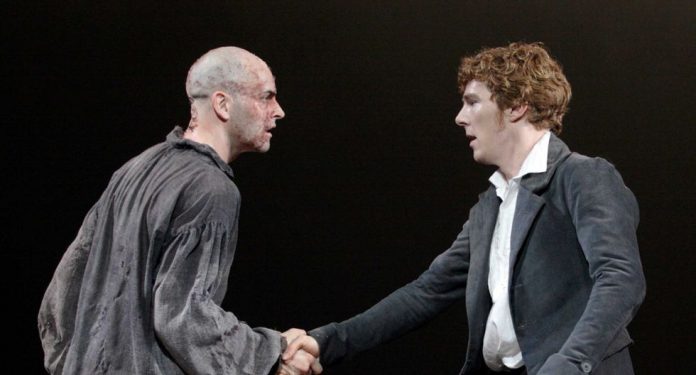
Gothic literature is a product of its times: new inventions, the industrial revolution, a questioning of morality and our right to be little gods and ‘play with life’. We understood how Mary Shelley was fascinated and revolted by galvanism, the practice of making corpses move with electricity, and that she expressed these feelings through her work ‘Frankenstein’.
We questioned who was the real monster: the scientist or his monstrous creation? We studied the picture of Dorian Gray. And we learnt about the ego and the id, and how each of us has our own secret doppelganger that we attempt to control.
Once again we reflected on the purpose of literature. How it helps us put words to feelings and anxieties, so we can deal with them in softer, safer ways.
Business
Patenting an invention can be the spark that leads to the creation of a new business. This week students were shown the process of incorporating their ‘Masks Inc.’ company in the UK. How to draft a memorandum and articles of association. They realised how daunting paperwork can be, and why many people continue operating as sole traders or partnerships despite the tax advantages of incorporation.

Maths
The brilliant mathematician, philosopher and inventor Descartes has been inspiring our work in maths for the whole half term.
This Friday the students were asked to ‘find a way to quantify a slope’ using a plank and standardized bricks. They reinvented the formula rise over run.
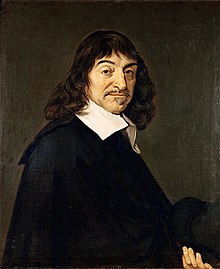
Geography
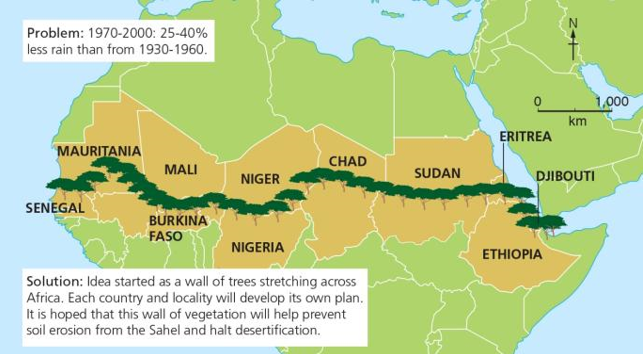
This week in year 9 we looked at solutions to desertification in the Sahel in Africa. Students learnt about the local scientists who have proposed a new technique based on traditional African farming techniques. This will lead to a Green Wall in Africa which people hope will prevent soil erosion and halt desertification.
Histroy
In year 7 students learnt about the water supply and sanitation in Early Modern England. Things improved for the rich who could afford to have a flushing toilet which was invented by John Harrington in 1596. It was an important step in improved sanitation, but without a sewage system it also created more problems.

Spanish
This week in Year 9 and 10 we have met the scientist Howard Gardner and his theory of Multiple Intelligences. Students had to do an oral presentation explaining what Gardner’s theory of multiple intelligences proposes: people are not born with all of the intelligence they will ever have.This theory challenged the traditional notion that there is one single type of intelligence, sometimes known as “g” for general intelligence, that only focuses on cognitive abilities.To broaden this notion of intelligence, Gardner introduced eight different types of intelligences consisting of : Logical/Mathematical, Linguistic, Musical, Spatial, Bodily-Kinesthetic, Naturalist, Interpersonal, and Intrapersonal.
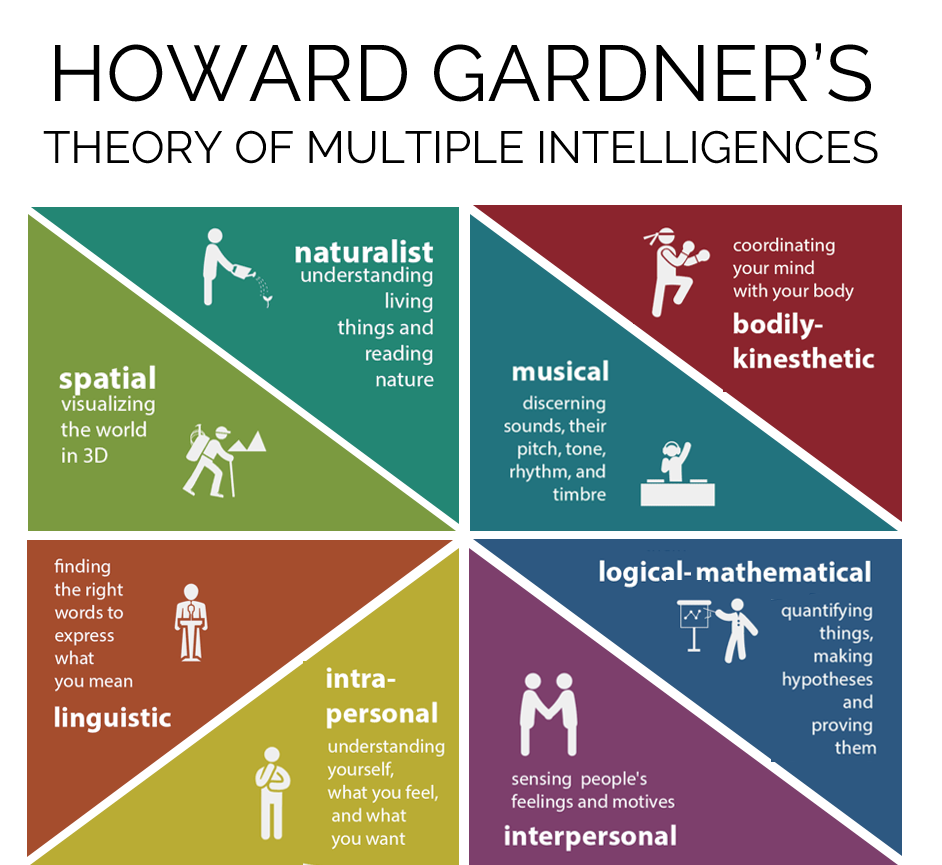
In Year 7 and 8 we have introduced the topic of non-verbal language and we saw a documentary where a group of deutch scientist have created an amazing invention.The robotic bees. Intensive modern farming methods and the unravelling consequences of global climate change are said to have put the future of the common bee under threat like never before. In Delft University of Technology in the Netherlands a group of scientists working on long-term solutions to some of the world’s thorniest problems have developed a solution because they believe they will be able to create swarms of bee-like drones to pollinate plants when the real-life insects have died away.
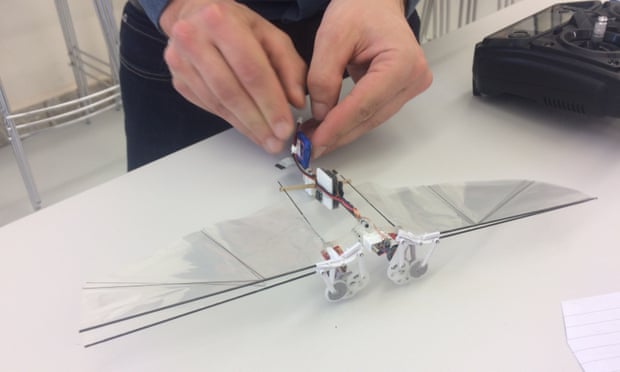
Computer Science
We have seen the invention of George Bool who invented the concept of Booleans – a fancy way to say TRUE or FALSE. This type of feature operates like a switch in programming, and is key to how most programs in the world operate, as well as being used in social media and search engines.
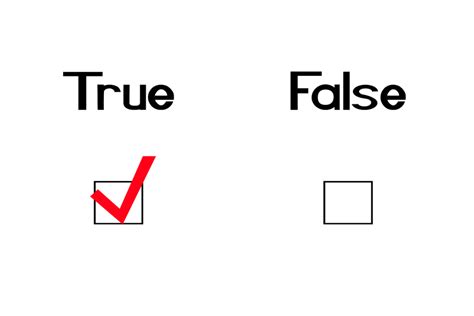
Design Technology
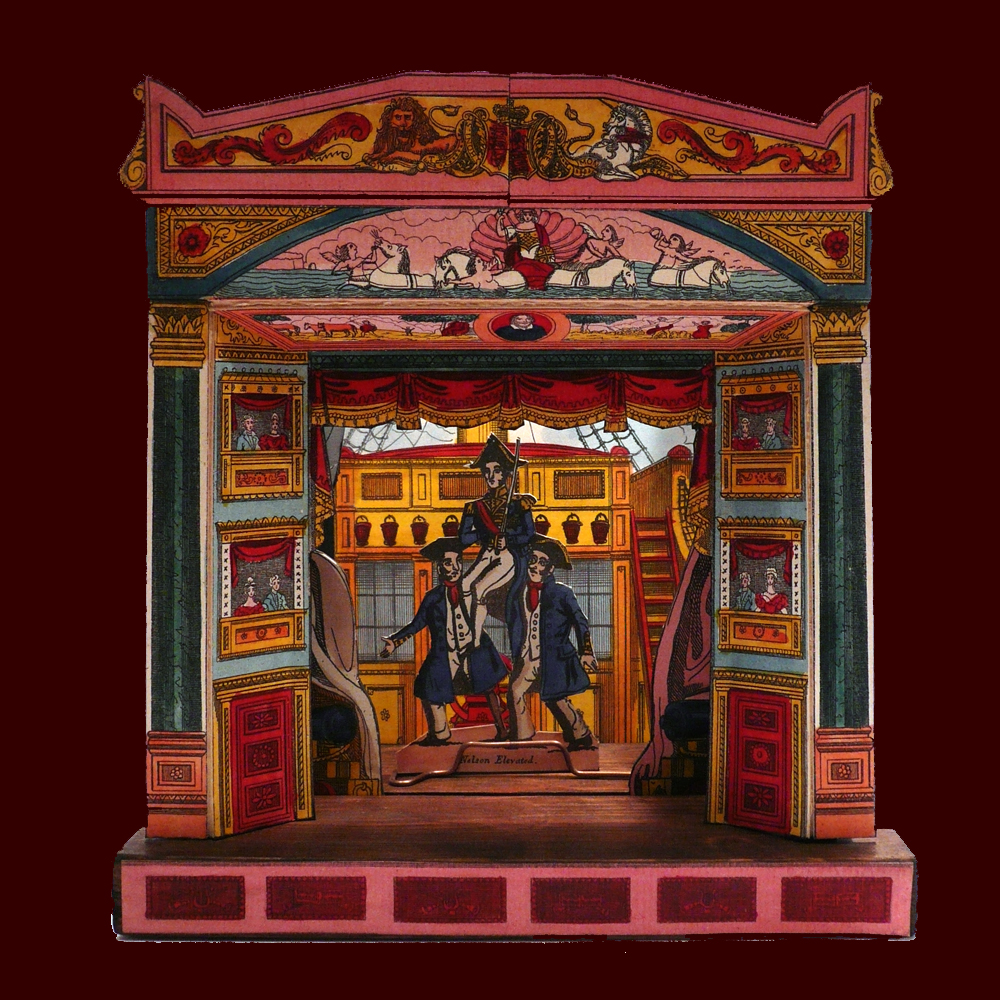
We are studying Toy Theatres that were an invention of John Kilby Green. The miniaturised experience was a revelation to children that had never seen this type of toy in their houses before.
